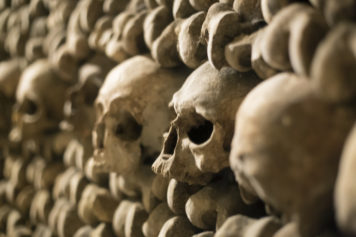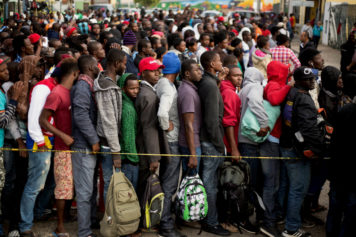BRIDGETOWN — Mexico is “a proudly Caribbean country,” even if it is not a formal part of CARICOM, President Felipe Calderon said Monday as he sought to forge closer ties with his country’s neighbors along the Caribbean Sea.
Calderon was headlining the second-ever CARICOM-Mexico Summit in Bridgetown, marking the first-ever visit by a Mexican head of state to Barbados.
The brief summit at the Hilton Barbados focused on Mexico’s chairmanship of the G20, the common problem of drug-related transnational crime and the exchange of experience in a range of areas from tourism to energy.
“For us, this is our third border,” the President said. “[It is] an area with which we share a common destiny and aspirations of greater prosperity for our societies.”
Following their agreement to cooperate on Haitian reconstruction Sunday, the two sides made commitments in areas including transportation, energy, tourism, trade, investment and citizen security, highlighted by Mexico’s pledge to help represent the region as it chairs the G20 Summit in Baja California next month.
“President Calderon has assured us that he will carry our message to the G20 when that meeting is held in his country with particular reference to the reform of the international financial institutions,” said Suriname President Desi Bouterse, the current chairman of CARICOM. “We in the Caribbean Community are confident that Mexico fully understands our concerns as small, highly-indebted, middle-income countries, and will be able to advocate forcefully on our behalf.”
Another point on the agenda was the issue of drug-related transnational crime, something the two sides said they were committed to tackling together.
“Unilateral or fragmented approaches cannot effectively confront the security of the wider region, and we know well that successes in one geographical area may shift criminal activity elsewhere to areas perceived to be more vulnerable,” Stuart said. “Constant multilateral coordination and cooperation, and a high level of information exchange and shared experience, are therefore essential to face our common threat.”
Also under discussion was the role of CELAC, the newly-formed Community of Latin American and Caribbean states, which some have called a potential alternative to the Organization of American States.
Read the rest of this story on the caribjournal.com


